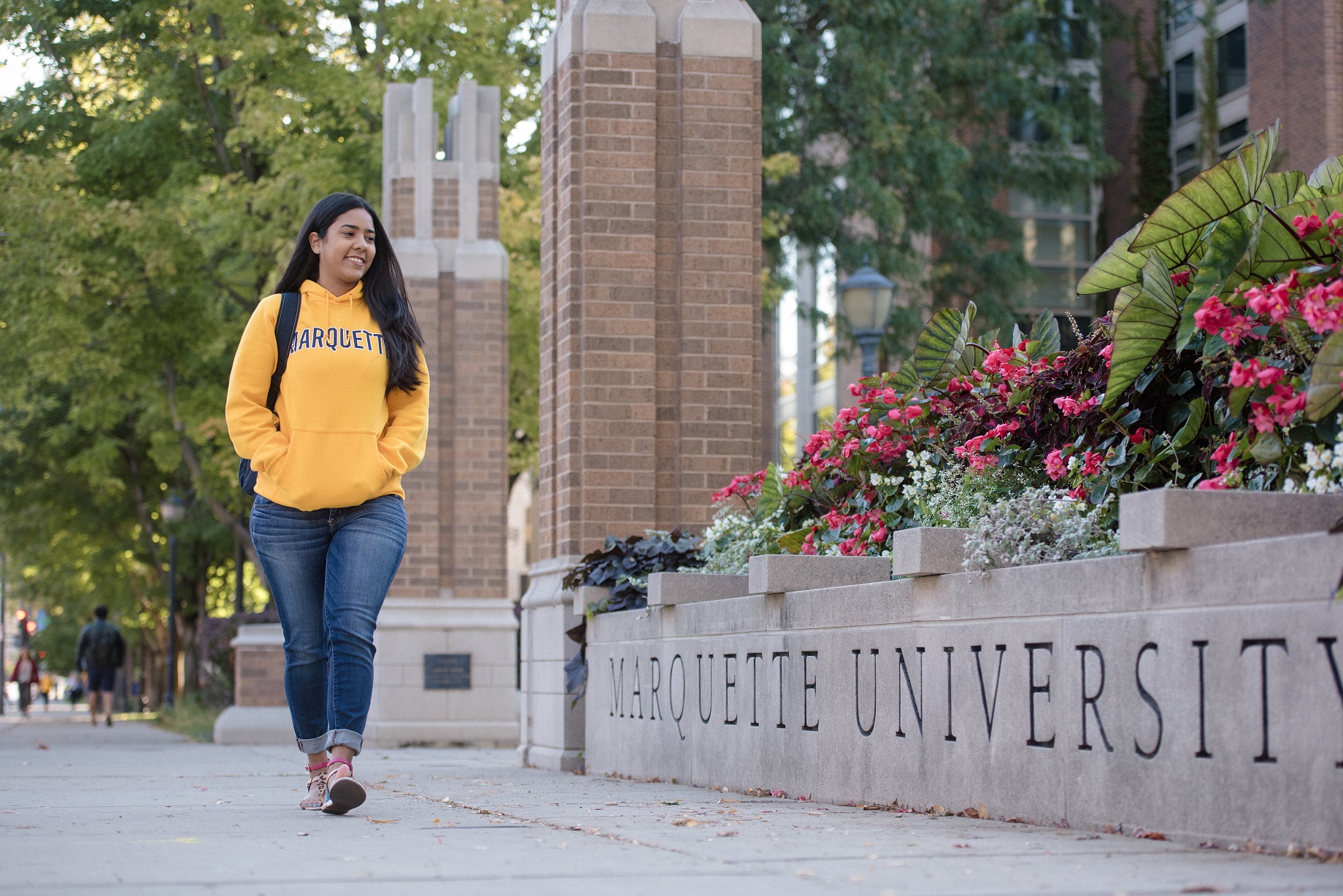Access and connect with clinicians in live environments
Through direct contact with real medical device users and live observation of procedures, students will gain observational experience that cannot be replicated in traditional training seminars or research.
Flexible course of study
Students are given great autonomy over elective course selection, allowing them to pursue their individual professional goals. Within the clinical immersion course, students work with program facilitators to track the experience to their unique career needs.
Industry focused
Program was designed in response to an increased industry need to integrate and adapt advanced technology to meet the needs of clinician users. This program supports the principle that medical device development is based on sound understanding of the intended use, applications, and the clinical environment.
Study with expert faculty
Students work closely with faculty from Marquette and the Medical College of Wisconsin, experts with extensive industry experience and robust clinical partnerships that provide ample opportunity for immersive student learning.
Learn from industry experts
Industry experts will participate in this certificate program through guest lectures, allowing students to learn and apply their skills based on their expertise.




